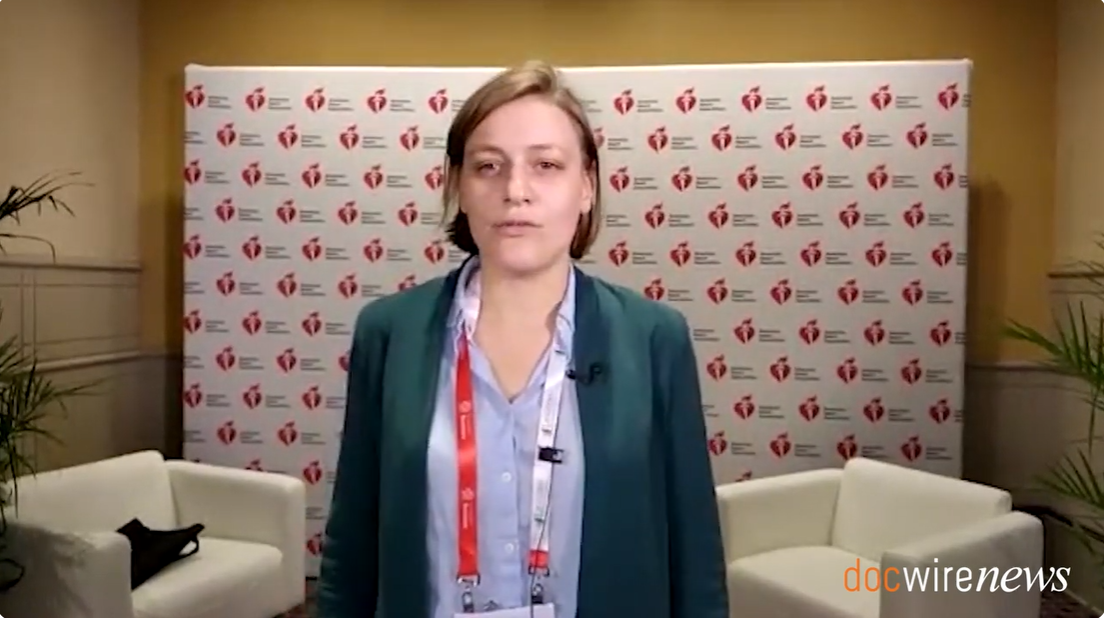
The ORBITA-2 study results show shows that percutaneous coronary intervention (PCI), or stenting, improves chest pain, exercise capacity, and quality of life among patients with stable chest pain who are taking little to no chest pain medication. The results were presented as late-breaking science at the American Heart Association’s Scientific Sessions 2023, taking place November 11-13 in Philadelphia, Pennsylvania, and simultaneously published in the New England Journal of Medicine.
For patients who suffer from stable angina or stable chest pain, PCI is recommended when medication is insufficient; however, the results of ORBITA in 2017 showed that stenting failed to improve exercise capacity or chest pain versus placebo. “However, it is possible that the effect of stenting in ORBITA was diminished by high levels of guideline-directed background, antianginal medication, which are difficult to achieve in clinical practice,” said Rasha Al-Lamee, MBBS, PhD, reader (an equivalent to associate professor) in cardiology, a British Heart Foundation intermediate research fellow, and an interventional cardiology consultant at Imperial College London and Imperial College Healthcare NHS Trust, via a press release.
ORBITA-2 enrolled 301 patients (average age, 64 years; 79% men) with both single- and multivessel disease who were randomly assigned to either PCI or placebo.
The analysis showed that people who received stents were 3 times more likely to be free from angina at the end of the trial compared with the placebo group. Stenting also increased exercise capacity by 60 seconds compared with placebo. Moreover, the effect of stenting was immediate and sustained over a 12-week follow-up period.
Al-Lamee said, “The ORBITA and ORBITA-2 trials together suggest the American and European guidelines for stable coronary artery disease may require updating. Perhaps restricting stenting to patients with inadequate response to chest pain medications may inadvertently be selecting the group of patients with the least to gain.”







 © 2025 Mashup Media, LLC, a Formedics Property. All Rights Reserved.
© 2025 Mashup Media, LLC, a Formedics Property. All Rights Reserved.